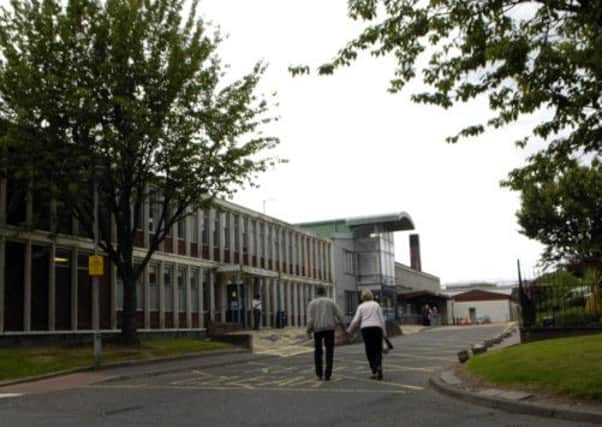Death by dehydration of patient, 90


The case was one of several highlighted by the Scottish Public Services Ombudsman in a series of reports dealing with complaints from members of the public over treatment of their loved ones by the NHS.
A recurring theme of the investigations by Ombudsman Jim Martin was the problem of patients suffering from bedsores, or pressure sores, in hospital.
Advertisement
Hide AdAdvertisement
Hide AdMr Martin said the problem was “unacceptable” and called for it to be “urgently addressed”, saying bedsores ought to be a thing of the past.
The nonagenarian – referred to in the report as Mr C – died in April last year after he was admitted to the Royal Alexandra, Vale of Leven Hospital, suffering from leg pains. It is the same hospital where 18 people died after contracting C difficile five years ago – a further 37 patients were also affected by the bug.
Before Mr C’s admission, he had been living independently with no other health concerns. In hospital, he got pneumonia and developed kidney failure, before he died on 15 April, 2012.
His wife complained about his treatment, saying the hospital staff’s lack of timely action had contributed to his death.
The Ombudsman found that staff did not respond reasonably to the patient’s dehydration. In his report, Mr Martin said: “The treatment Mr C received was not in line with good medical practice, in that kidney failure was not inevitable and could have been avoided.
“In addition, Mr C was not reviewed by a senior doctor for a period of at least four days and possibly longer, during which time his condition deteriorated rapidly, as recorded in the clinical and nursing notes. As a result of this delay, Mr C continued to receive medicine which adversely affected his kidney function.”
Last night, NHS Greater Glasgow and Clyde’s director of nursing for the acute division, Rory Farrelly, said the board would write to Mrs C to apologise for the “shortcomings” in care and for the distress suffered.
Mr Farrelly said: “We fully recognise that the standards of care we strive to achieve for our patients fell short in this case and we accept the recommendations made by the Ombudsman. A full and robust action plan is being finalised to address all the Ombudsman’s recommendations.”
Advertisement
Hide AdAdvertisement
Hide AdThe patient also suffered from a “pressure ulcer” when he was in the Royal Alexandra.
Another to suffer from a similar condition was a wheelchair user admitted to the Western General in Edinburgh.
After being treated for 17 days for meningitis, she returned home where it was found she had bedsores on her buttock, hip and left heel. Her husband complained about the appropriateness of her discharge and the treatment of the bedsores. The Ombudsman found that her care was unreasonable.
Last night, Melanie Hornett, nurse director of NHS Lothian, said the health board had apologised to the patient and her husband. She said: “We accept the Ombudsman’s recommendations in full.”
Finding cases of patients who had suffered from bedsores alarmed Mr Martin, who said yesterday: “Apart from in rare and exceptional situations, pressure sores should be a thing of the past in Scottish hospitals.
“Such low standards of nursing care is simply unacceptable.”